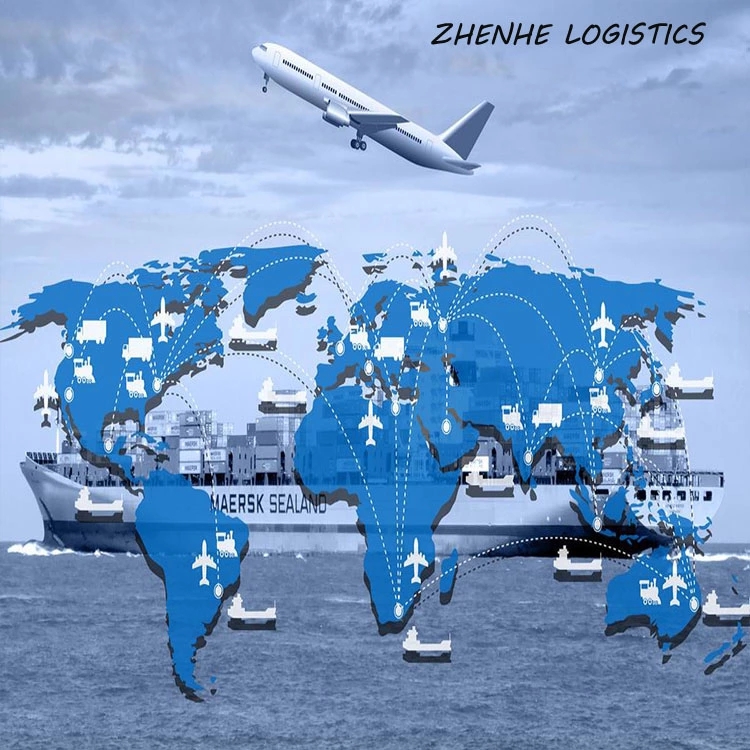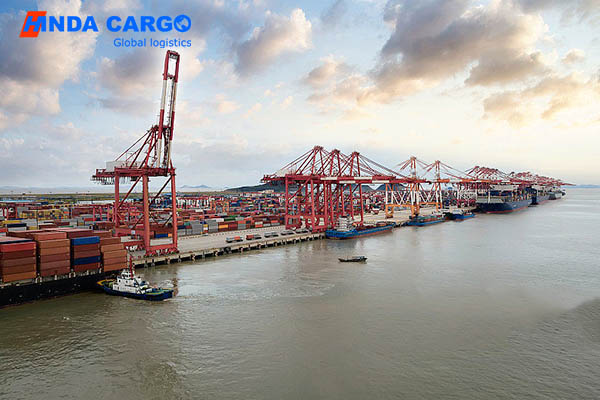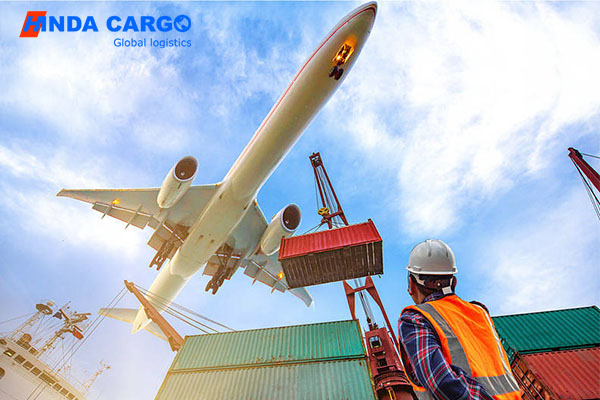Are sea freight containers waterproof?
In global trade, sea freight containers are an indispensable part of cargo transportation. However, the waterproof performance of containers has always been a concern for the industry and customers.
This article will discuss the waterproof performance of sea freight containers and explore the preventive measures that should be taken during the logistics process.
Next, we’ll look at ways to improve the waterproofing of your containers, as well as other risks you should be aware of when shipping containers.

Are sea freight containers waterproof?
Containers are designed to provide a degree of waterproofing, primarily because their corrugated steel structures are able to withstand wind and rain. However, containers are not completely waterproof. The following is a detailed discussion on the waterproof performance of sea freight containers:
1. Structural design:
The container is constructed of corrugated steel, a design that provides good strength and durability and can protect against wind and rain erosion to a certain extent.
2. Sealing performance:
The doors and seams of containers usually use materials such as sealing strips to improve the waterproof performance of the container. However, over time, the seal may age or become damaged, reducing its waterproofing properties.
3. Limitations:
Although shipping containers are designed to provide some waterproofing, they are not completely waterproof. Under extreme weather conditions, water penetration may occur.
4. Importance of maintenance:
Regular inspection and maintenance of a container's seals and other components can help maintain its watertightness and prevent damage to the cargo.

How to improve the waterproof performance of sea freight containers?
In order to improve the waterproof performance of sea freight containers, cargo owners and logistics companies can take some effective measures. Here are several ways to improve the waterproof performance of your container:
1. Regular maintenance:
Regularly inspect components such as container seals, door locks and vents to ensure they are in good working order. If any damage is found, it should be repaired or replaced promptly.
2. Use waterproof materials:
When loading goods, materials such as tarps or plastic films can be used to protect the goods and prevent moisture penetration.
3. Reasonable loading:
When loading goods, attention should be paid to reasonable stacking to avoid leaving too many gaps in the container and reduce the risk of moisture penetration.
4. Choose the right container:
According to the nature of the goods and the weather conditions of the transportation route, select a suitable container, such as a special container with high waterproof performance.
What other risks should I be aware of when shipping containers?
In addition to waterproof performance, there are other potential risks that need to be paid attention to during container transportation to ensure the safety and integrity of the goods. Here are some other risks you should be aware of when shipping containers:
1. Temperature control:
Some sensitive goods, such as food, pharmaceuticals or chemicals, are very sensitive to temperature changes. Choose the appropriate temperature-controlled container to ensure that goods are transported at the appropriate temperature.
2. Ventilation issues:
In long-distance sea freight, moisture accumulation and poor ventilation may occur within the container. This may result in mold or spoilage of the goods. Ventilation inside the container can be improved by using vents and desiccant.
3. Security issues:
During loading and unloading, ensure cargo is securely secured to avoid cargo movement or damage. Regularly check the container's door locks and seals to ensure they are intact.
4. Insurance protection:
Purchasing appropriate cargo insurance can provide additional protection during the transportation of your goods. If an unexpected situation occurs, insurance can help cargo owners reduce losses.

Summarize
Although sea freight containers are designed to provide certain waterproof performance, to ensure the safety of goods, a variety of measures still need to be taken to improve waterproof performance and prevent other potential risks.
Through regular maintenance, proper loading and selection of appropriate containers, cargo owners and logistics companies can effectively protect the safety and integrity of goods during transportation. Ultimately, choosing the right insurance coverage is also an important measure to deal with unexpected risks.




